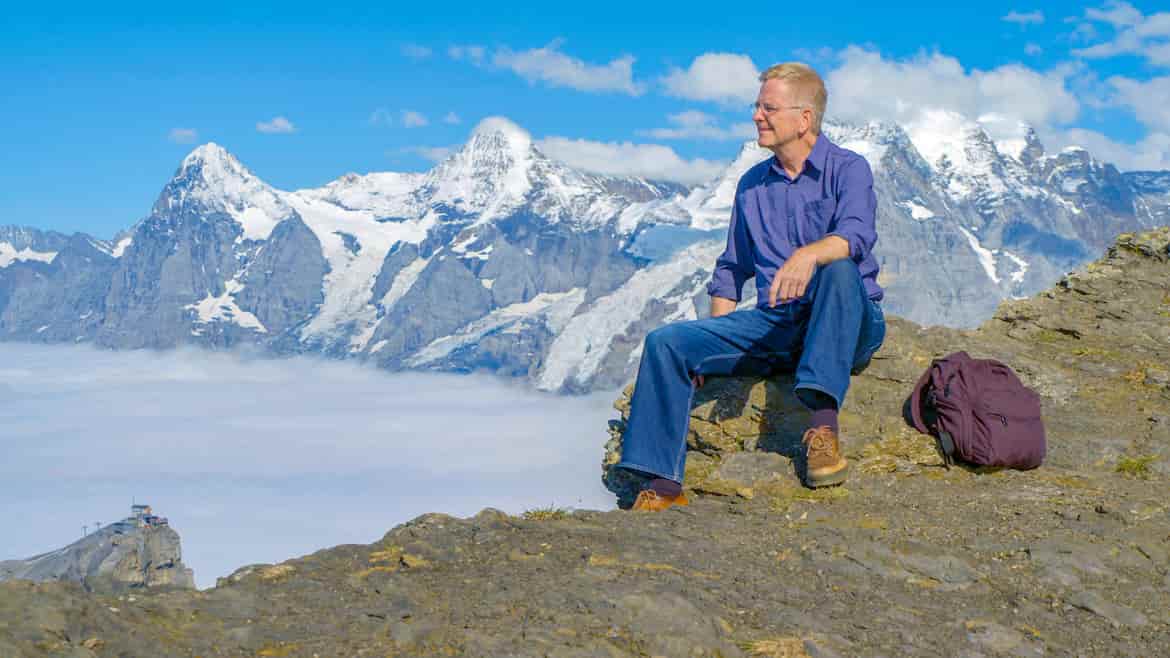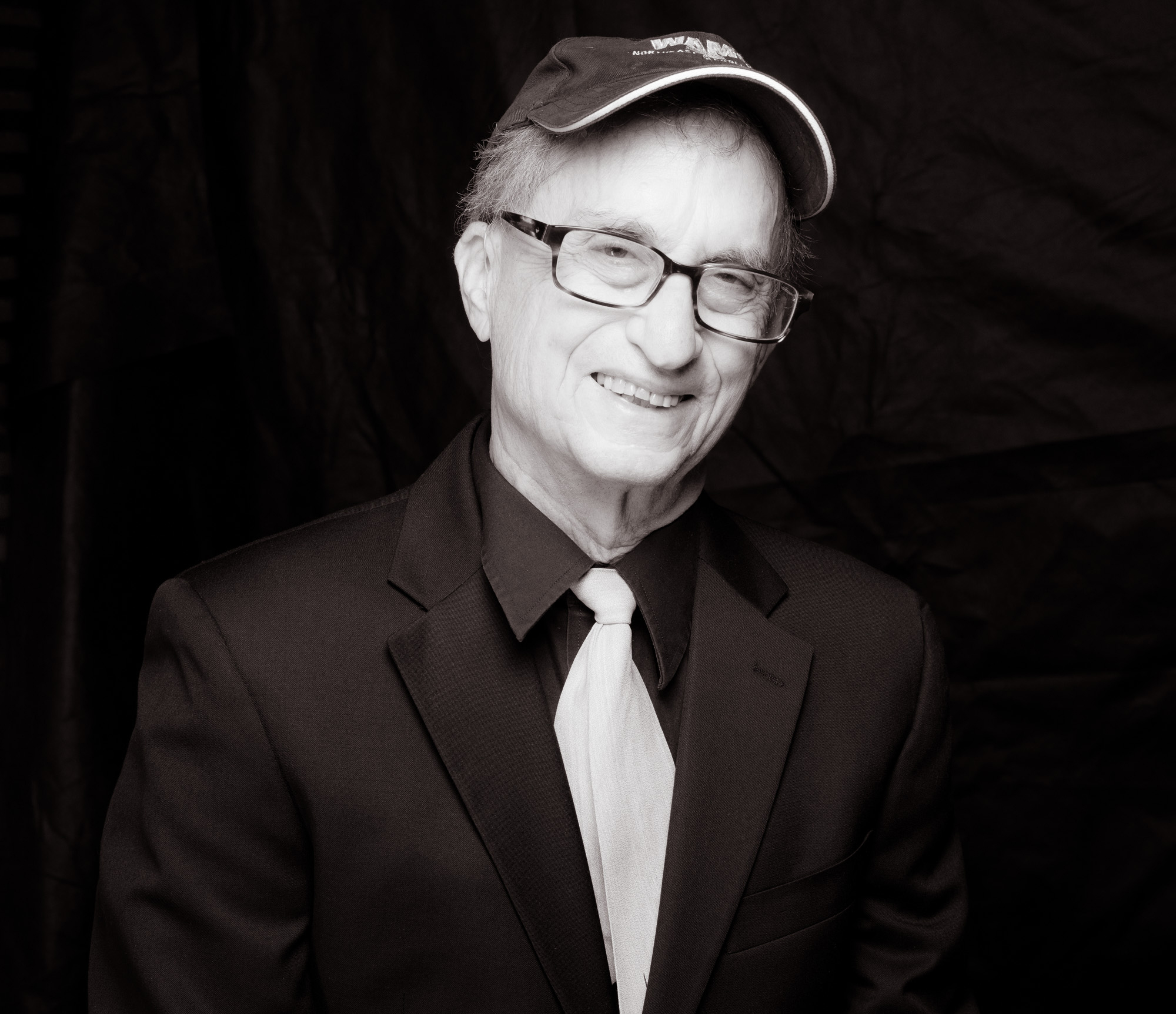Kerger on diversity: ‘We don’t always look as carefully in the mirror’
PBS President Paula Kerger said Tuesday that the network’s new measures to increase the diversity of its content stemmed from personal experiences that included witnessing the murder of George Floyd last year, meetings with filmmakers of color, and an earlier but ultimately unsuccessful attempt at hiring a head of diversity.
Despite PBS’ long history of trying to reflect the diversity of America, “I think we don’t always look as carefully in the mirror and recognize that there may be areas where we are not doing our best,” she said during an online press conference that kicked off PBS’ three-day portion of the Television Critics Association annual summer press tour.
Kerger and PBS have faced criticism from filmmakers of color for disproportionately favoring the work of white documentarians such as Ken Burns, though many of his subjects have been Black and many of his series have reflected American ethnic diversity.
Kerger said she spoke with the filmmakers who alleged bias, as well as many other people at different levels with ties to public television about how to improve the situation.
Among the steps announced Tuesday was the hiring of Cecilia Loving as senior VP of diversity, equity and inclusion. She will be tasked with developing strategy, cultivating new partnerships and providing counsel and advice. Loving will report directly to Kerger.
Kerger said PBS had a head of diversity when she became president, “and it didn’t work as well as I had hoped. … I hadn’t put enough thought into what would really make a position like that successful. It became too easy for people to point to our diversity officer and just assume that he or she was going to worry about all these issues, when it has to be a shared commitment across the organization.”
Loving will work with an executive team that includes representatives from programming, governance, station leadership and human resources.
COVID delays programs, return to PBS offices
TV critics watching the press tour didn’t have to wait long for an example of the inclusion PBS is striving to attain.
Leah Williams, director and producer of American Veteran, said the dozens of veterans interviewed for the four-hour series starting Oct. 26 were chosen to represent virtually every group of Americans.
“It represents all five branches, enlisted and officers,” she said. “We have a range of jobs from those who worked as snipers to cooks to logistical specialists. We have people from all over the country. We wanted to have a good representation of women, African Americans, immigrants, people who represent the Muslim faith, LGBTQ representation and those with disabilities.”
“We really felt everyone’s story deserved to be told,” Williams said.
In response to other questions, Kerger said the current surge in COVID-19 cases has forced PBS to alter some plans just when it began to appear things were getting back to normal.
After moving its headquarters, PBS had planned for its staff to return to offices at least part-time after Labor Day. “In the last couple of weeks, it’s clear that getting more people in the building next month is not going to happen,” Kerger said. “So we are doing what many other organizations are doing, which is putting all the protocols in place that keep our staff safe.”
It’s possible to handle a lot through online meetings, Kerger said, but not everything. “We miss having convenings with our stations,” she said. “We miss all being together and collaborating.”
Meanwhile, steps taken to prevent the spread of COVID-19 continued to cause delays in program production, the PBS president noted. She said the longest delay occurred with the production of a second season of Sanditon for Masterpiece.
In addition, the premiere of a new cooking show, The Great American Recipe from Virginia Public Media, had to be pushed back to summer 2022. Even the table at which Henry Louis Gates Jr. reveals the ancestral backgrounds of his celebrity guests on Finding Your Roots was lengthened to six feet.
In other developments:
• PBS’ telecast of American Veteran will be supplemented with related content in a podcast and on YouTube. In each of the podcast’s nine episodes, an individual veteran tells their personal story for about a half hour. Meanwhile, the digital series asks veterans to discuss the most important item they brought with them when they served or took back with them afterward.
• Generation 9/11 was conceived as a show that, unlike virtually all others about the attack of the World Trade Center, looks forward instead of backward. The series, which premieres Aug. 31, focuses on seven of the 105 children whose mothers were pregnant at the time their fathers died in the attack.
Considering the current pandemic, their lives at this point have been bracketed by tragedy, said Liz Mermin, who directed the program. “They were born in the wake of one and graduated college in the midst of others,” Mermin said. “What have they made of the world? What has the world been made of in between? That’s what I find fascinating.”









The films of Ken Burns are exceedingly interesting, intriguing and watchable. Whereas what I have seen on America Reframed, POV, ReelSouth, and AfroPop are unwatchable as these are not made with the same intelligence as Ken Burns films. Often they seem to be thrown together affairs that give not a thought to the viewer. PBS has shot themselves in the foot with programming thoughtless to their audience and thoughtless to the formerly loyal legions who provided financial support.